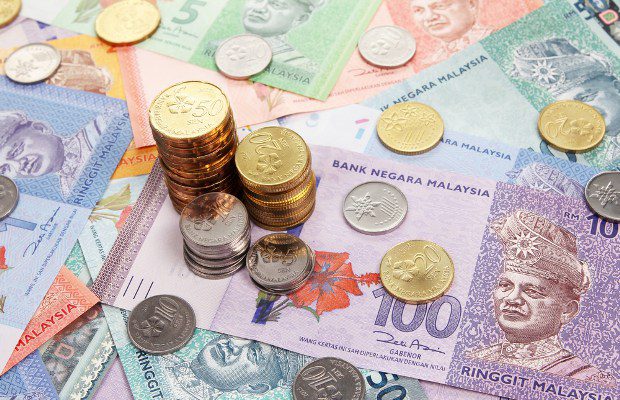Why Did Malaysia Raise Its Interest Rate?
Malaysia’s central bank, Bank Negara Malaysia (BNM), shocked the market by increasing its overnight policy rate (OPR) by 25 basis points to 3% on Wednesday. This was the first rate hike of 2023 and the fifth one since May 2022, bringing the OPR back to its pre-pandemic level.
The main reason for the rate hike was to curb inflation, which has been persistently high due to rising cost factors, such as global commodity prices, domestic fuel subsidies and price controls. BNM said that core inflation, which excludes volatile food and energy prices, would remain at elevated levels amid strong domestic demand and better labor market conditions.
Another reason for the rate hike was to preemptively ward off inflationary pressures that could arise from the government’s plans to cut diesel and gasoline subsidies in the near future. The subsidy cuts are part of the fiscal consolidation efforts to reduce the budget deficit and public debt, which have increased significantly due to the pandemic-related stimulus measures.
How Does The Rate Hike Affect The Economy?
The rate hike is expected to have a mixed impact on the economy, depending on the sector and the time horizon. In the short term, it could dampen consumer spending and business investment, as borrowing costs increase and disposable income decreases. This could slow down the economic recovery from the pandemic-induced slump, which saw gross domestic product (GDP) grow by a robust 8.7% in 2022.
However, in the medium to long term, the rate hike could benefit the economy by enhancing its resilience and stability. By keeping inflation under control, it could preserve the purchasing power of consumers and businesses, as well as maintain confidence in the currency and the financial system. By aligning with the US Federal Reserve’s monetary policy stance, it could also reduce the risk of capital outflows and exchange rate volatility.
BNM said that despite the rate hike, its monetary policy stance remains accommodative and supportive of economic growth. It also said that it would continue to monitor the balance of risks to the growth and inflation outlooks, and adjust its policy accordingly.
What Are The Implications For The Future?
The rate hike signals that BNM is confident about the economic prospects of Malaysia, despite the challenges posed by slowing global growth and trade tensions. It also shows that BNM is proactive and prudent in managing inflation expectations and ensuring macroeconomic stability.
Some economists believe that this could be the last rate hike of 2023, as inflation pressures ease along with moderating global demand and commodity prices. Others think that BNM could raise rates further if inflation remains high or if external shocks occur.
Regardless of the future policy direction, BNM’s surprise rate hike demonstrates its independence and credibility as a central bank. It also highlights its commitment to achieving its dual mandate of promoting monetary stability and sustainable growth for Malaysia.










